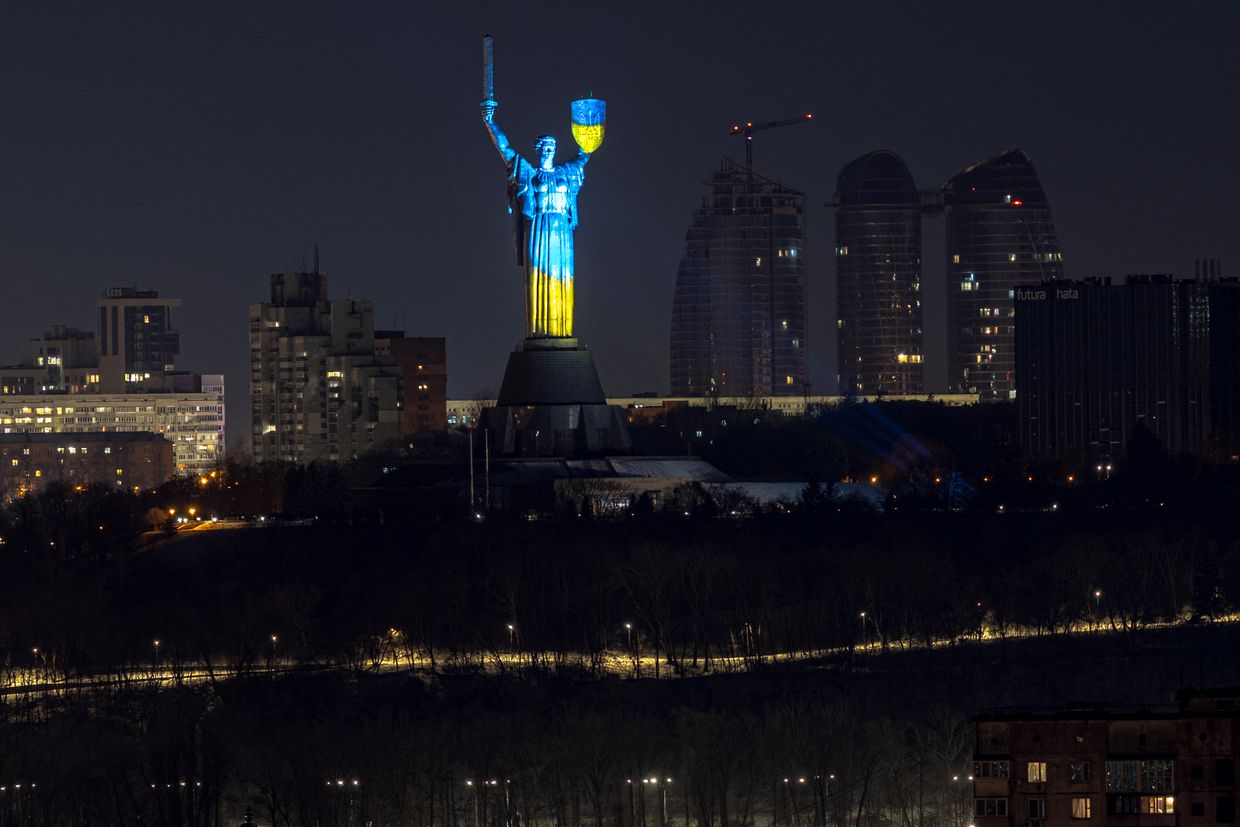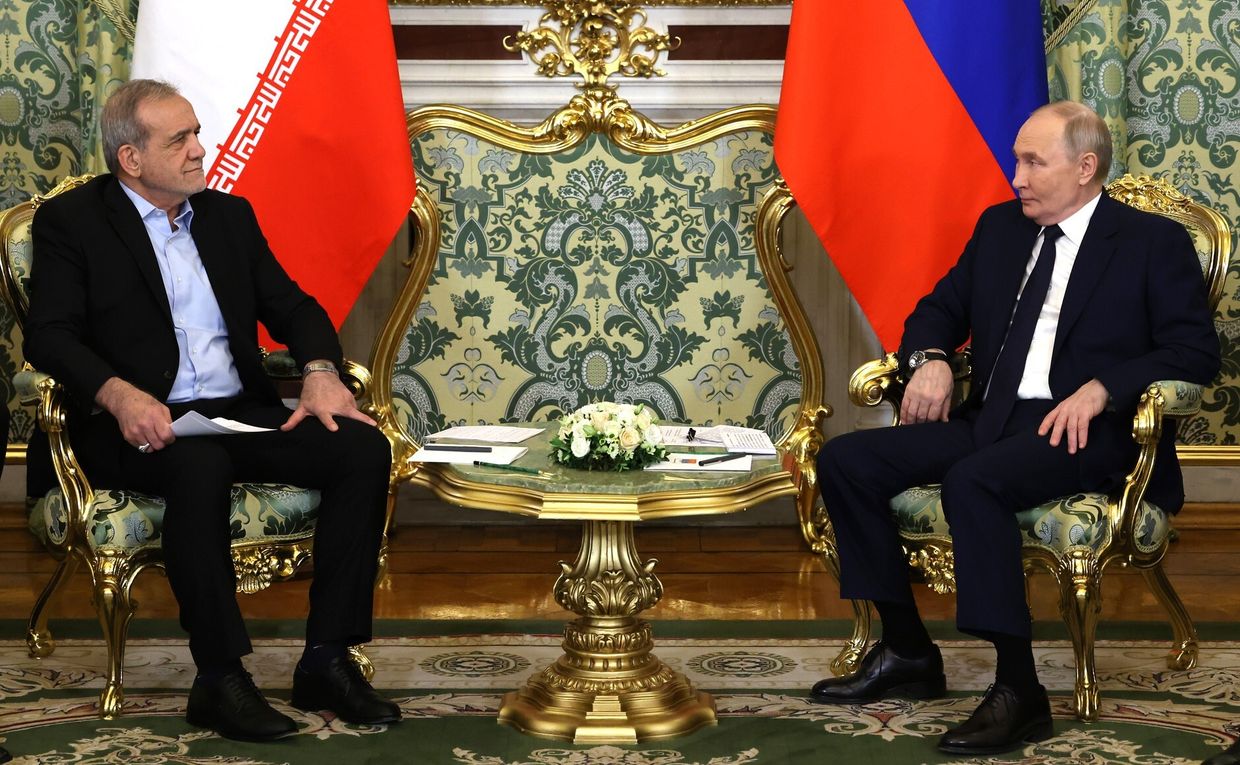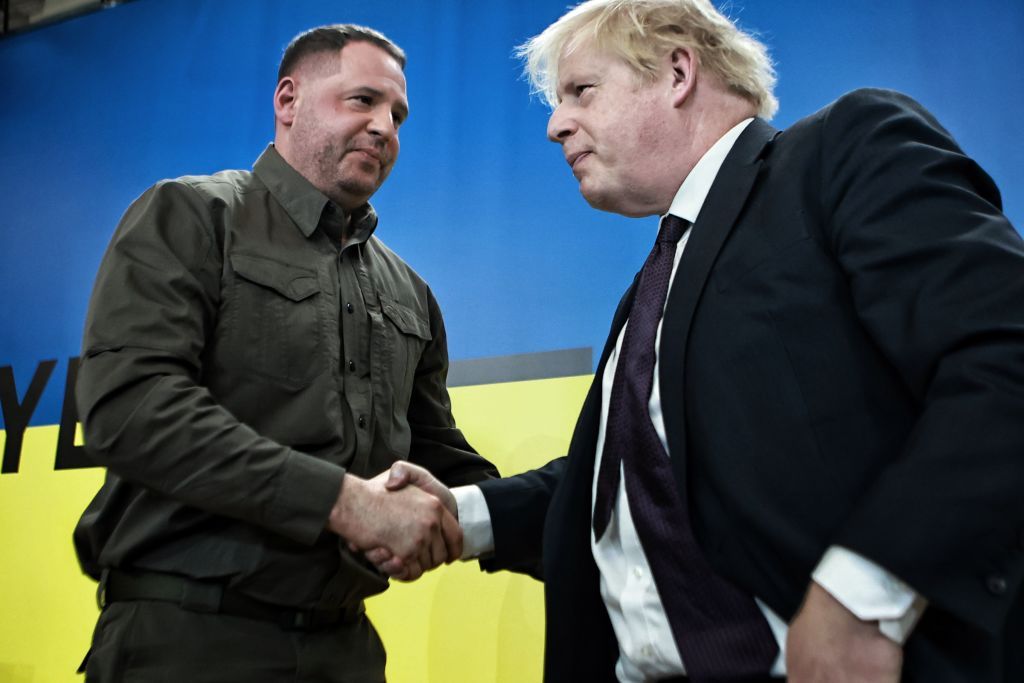
Zelensky appoints Yermak to lead Ukraine's peace delegation
Ukrainian President Volodymyr Zelensky has announced a new peace delegation including his foreign minister and defense minister in addition to the head of his office.

Ukrainian President Volodymyr Zelensky has announced a new peace delegation including his foreign minister and defense minister in addition to the head of his office.
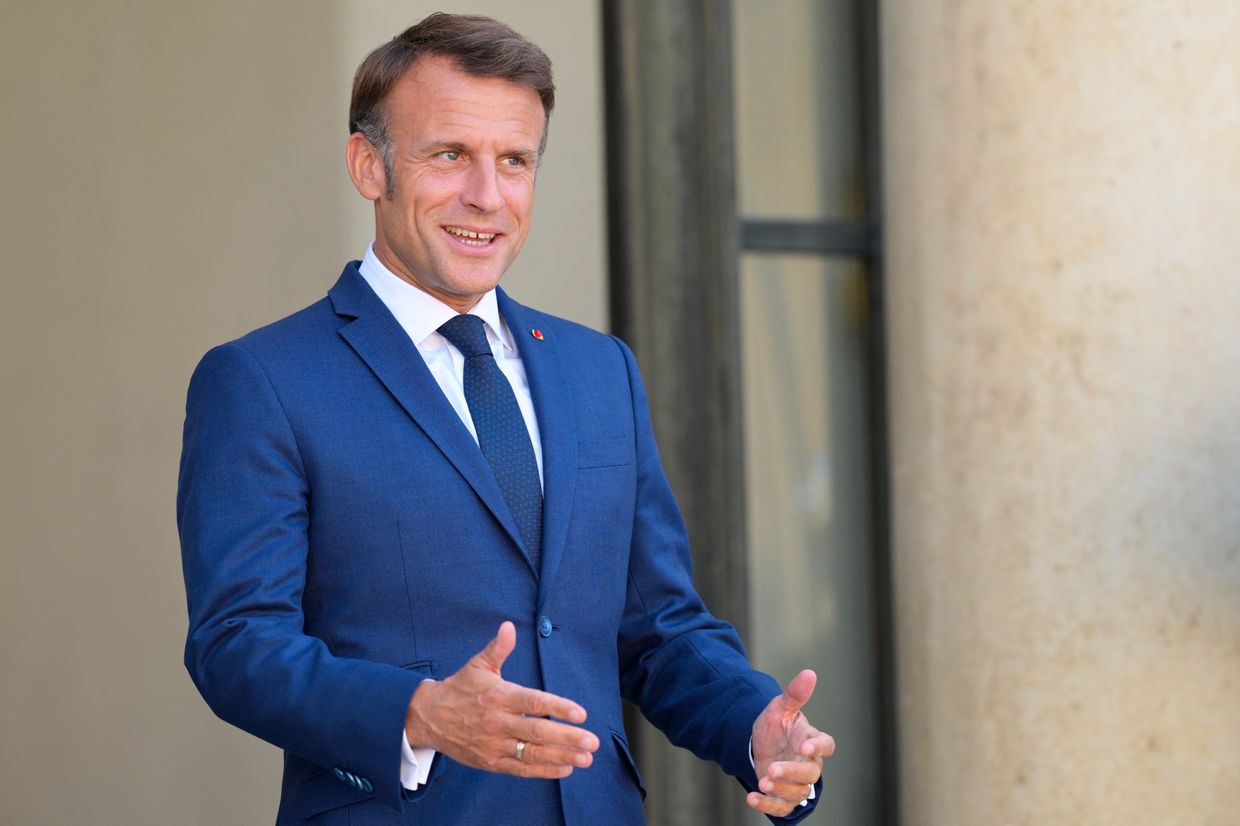
Kyiv agreed to the U.S.-proposed truce during March 11 talks in Saudi Arabia, contingent on Russia’s adherence to its terms.
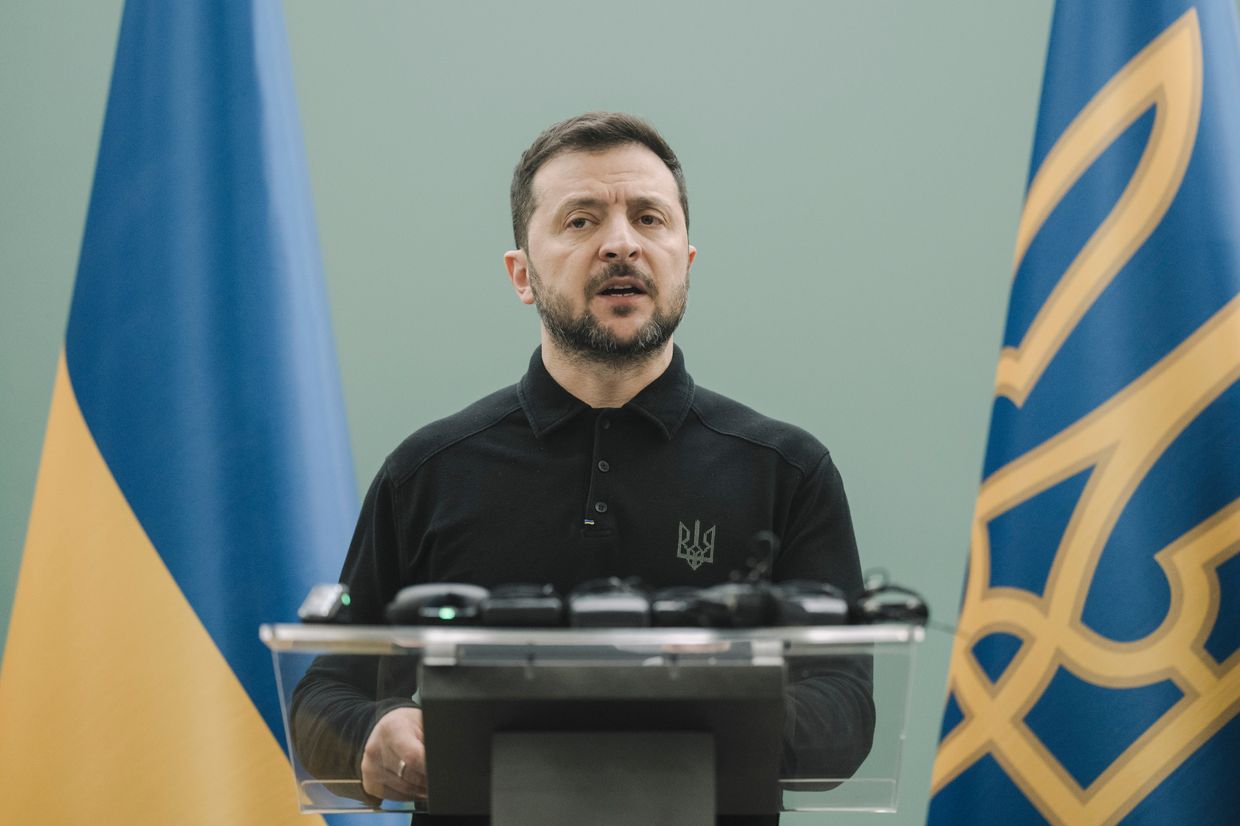
Previously, U.S. State Secretary Marco Rubio said that Ukraine-U.S. talks included discussions about potential "territorial concessions" as part of a negotiated settlement with Russia.
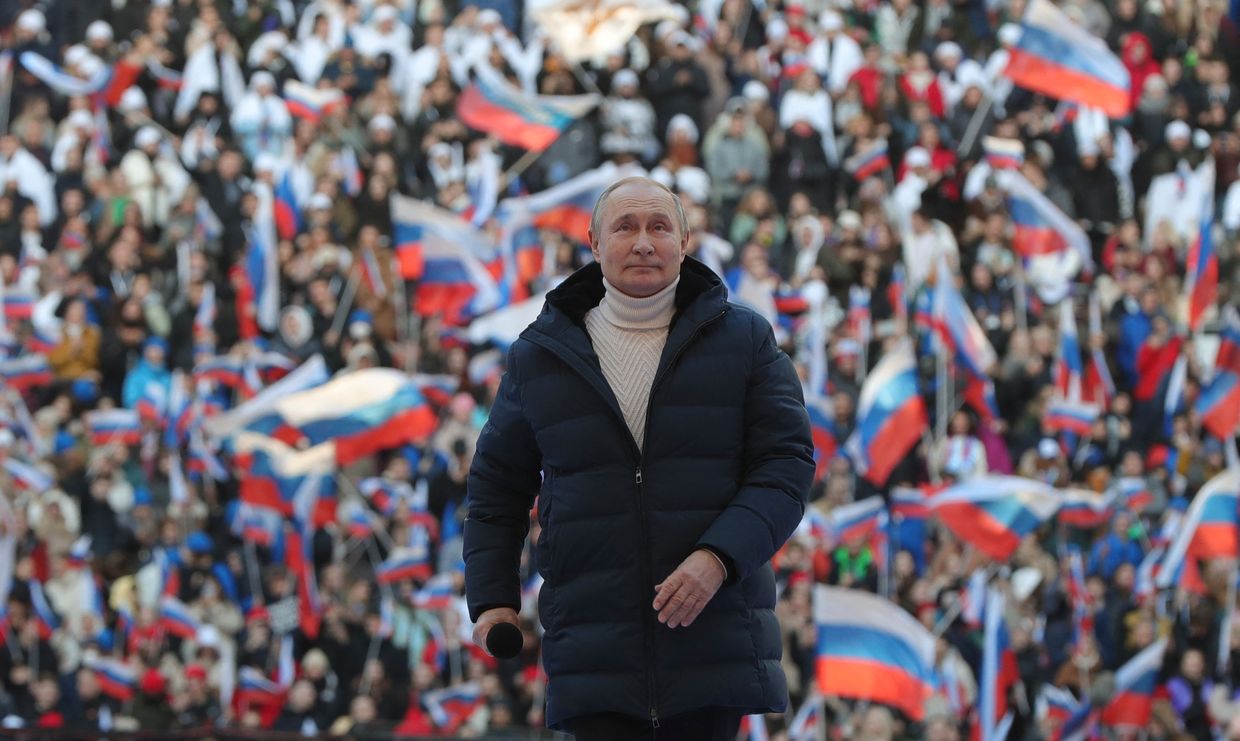
Russian President Vladimir Putin's conditions for a ceasefire are unrealistic and tantamount to demanding that Ukraine disarm itself and surrender, analysts say. Putin said on March 13 that Russia was ready to agree to the U.S.-backed 30-day-long ceasefire in Ukraine but then followed by listing a number of
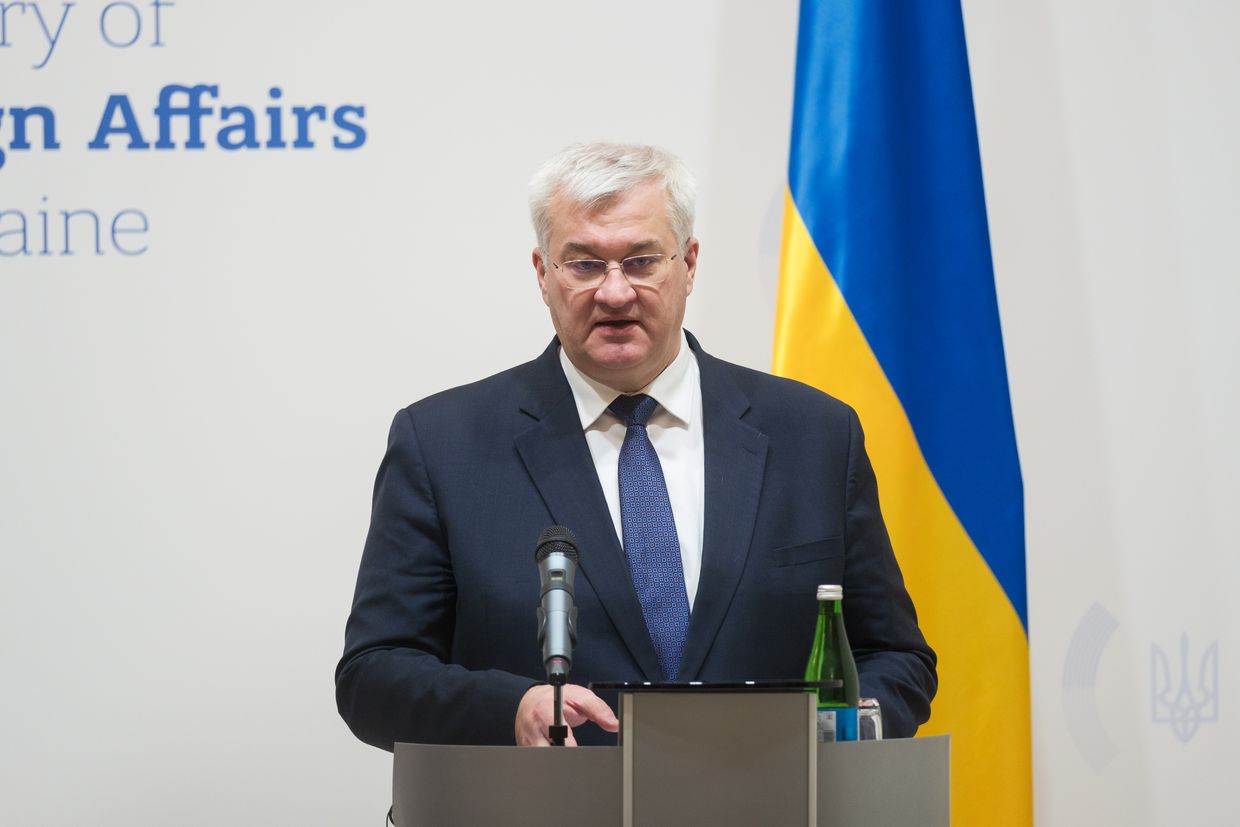
Kyiv agreed to the U.S.-proposed truce during talks in Jeddah on March 11, contingent on Russian adherence.
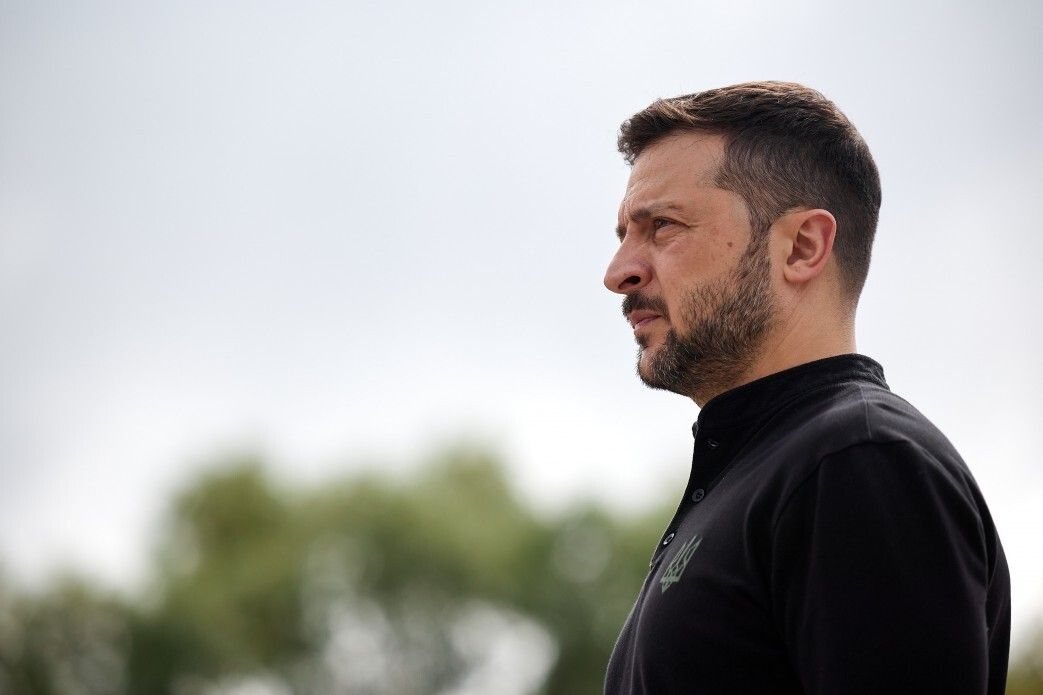
Russian President Vladimir Putin's remarks about a 30-day ceasefire indicate that he is preparing a rejection of the U.S. proposal, President Volodymyr Zelensky said on March 13.
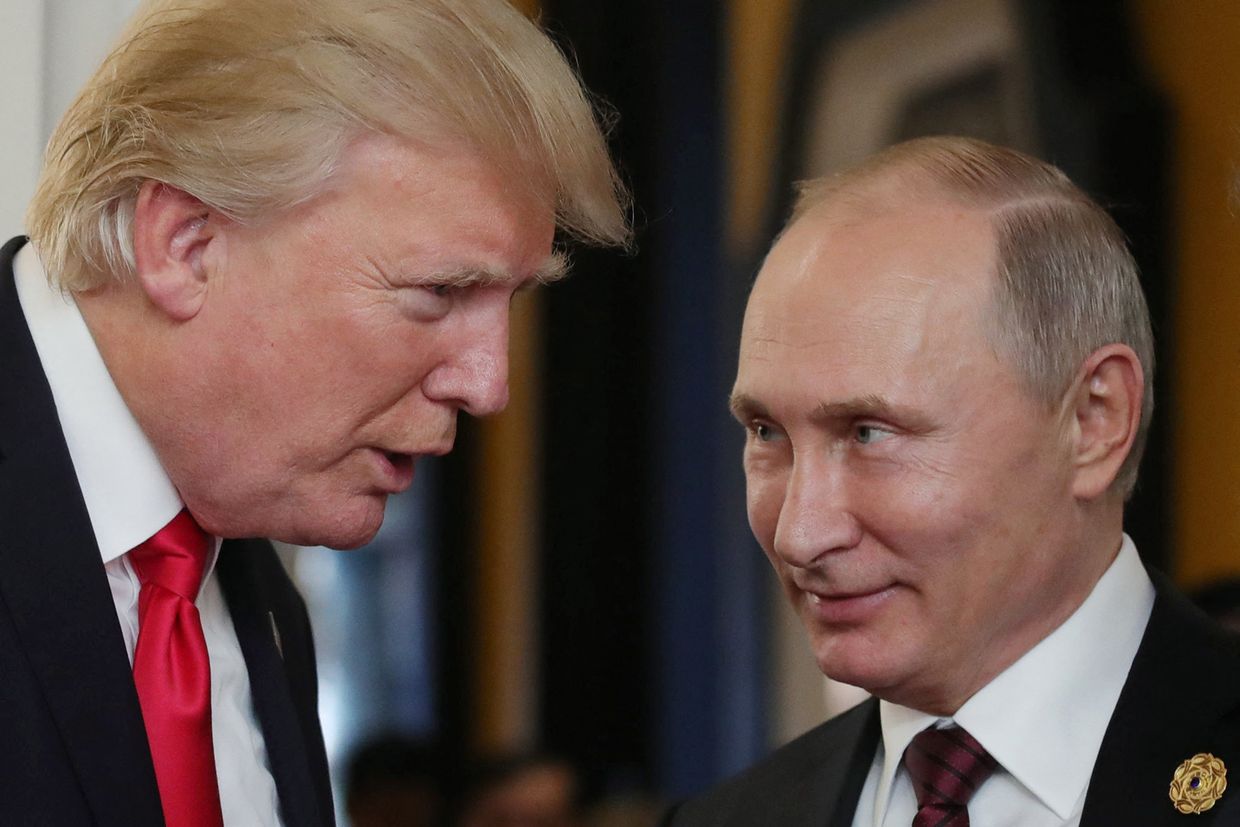
Instead of approaching the war in Ukraine from a geopolitical or moral perspective, U.S. President Donald Trump is framing his policy on Russia through the lens of his personal relationship with Russian President Vladimir Putin, according to former U.S. National Security Advisor John Bolton. “Trump thinks Putin is
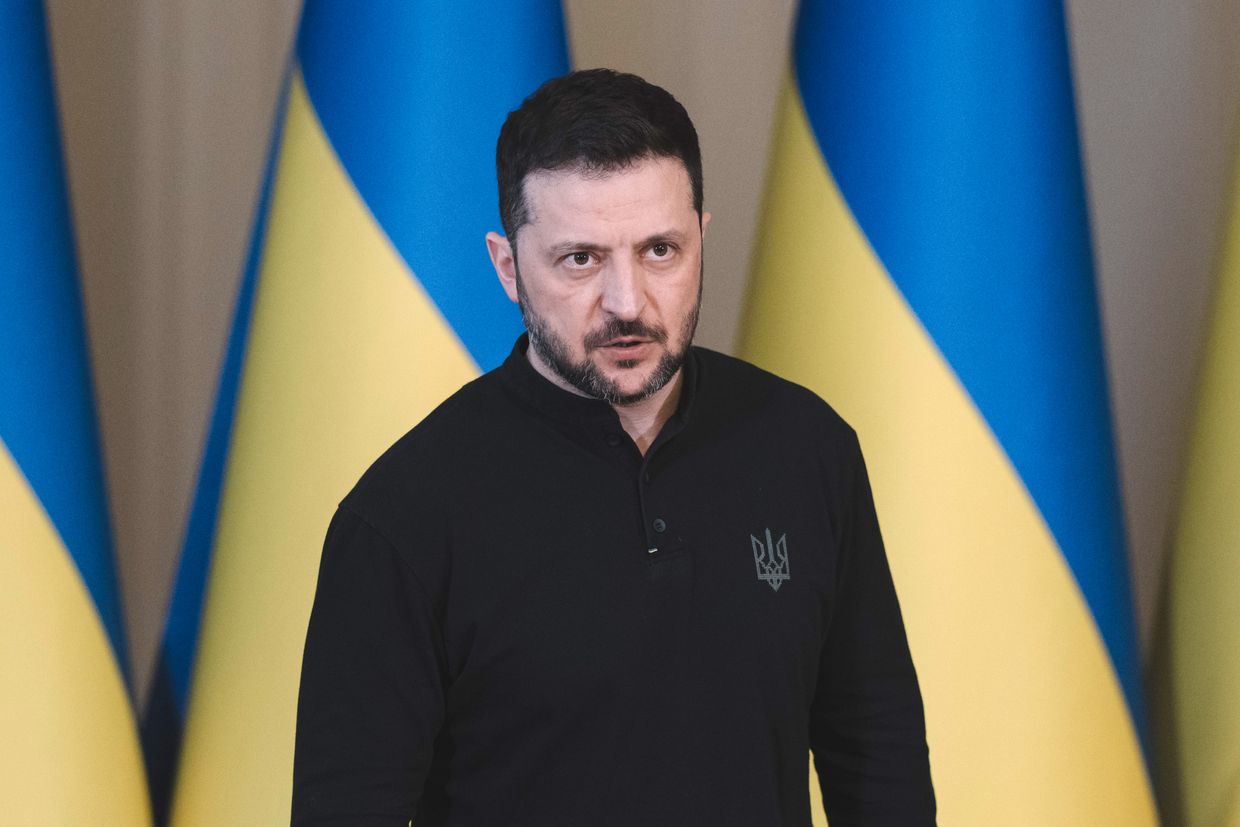
"Regrettably, for more than a day already, the world has yet to hear a meaningful response from Russia to the proposals made," President Volodymyr Zelensky said.

"Our people have fought for this, our heroes died. How many injured, how many passed. So no one will forget about it... This is the most important red line. We will not let anyone forget about this crime against Ukraine," President Volodymyr Zelensky told journalists on March 12.
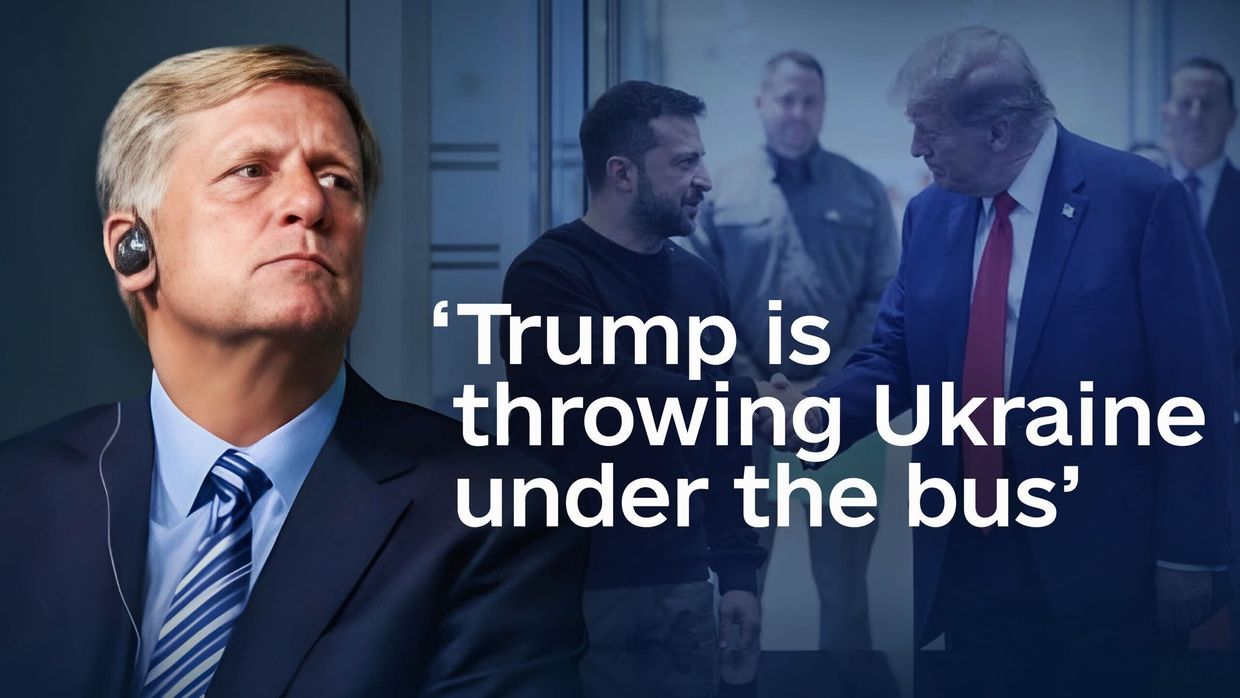
The Kyiv Independent's Chris York sits down with Michael McFaul, former U.S. ambassador to Russia and political scientist, to discuss the Ukraine-Russia peace negotiations, U.S. President Donald Trump's approach to Russian President Vladimir Putin, and the ideological parallels between Putinism and MAGA.
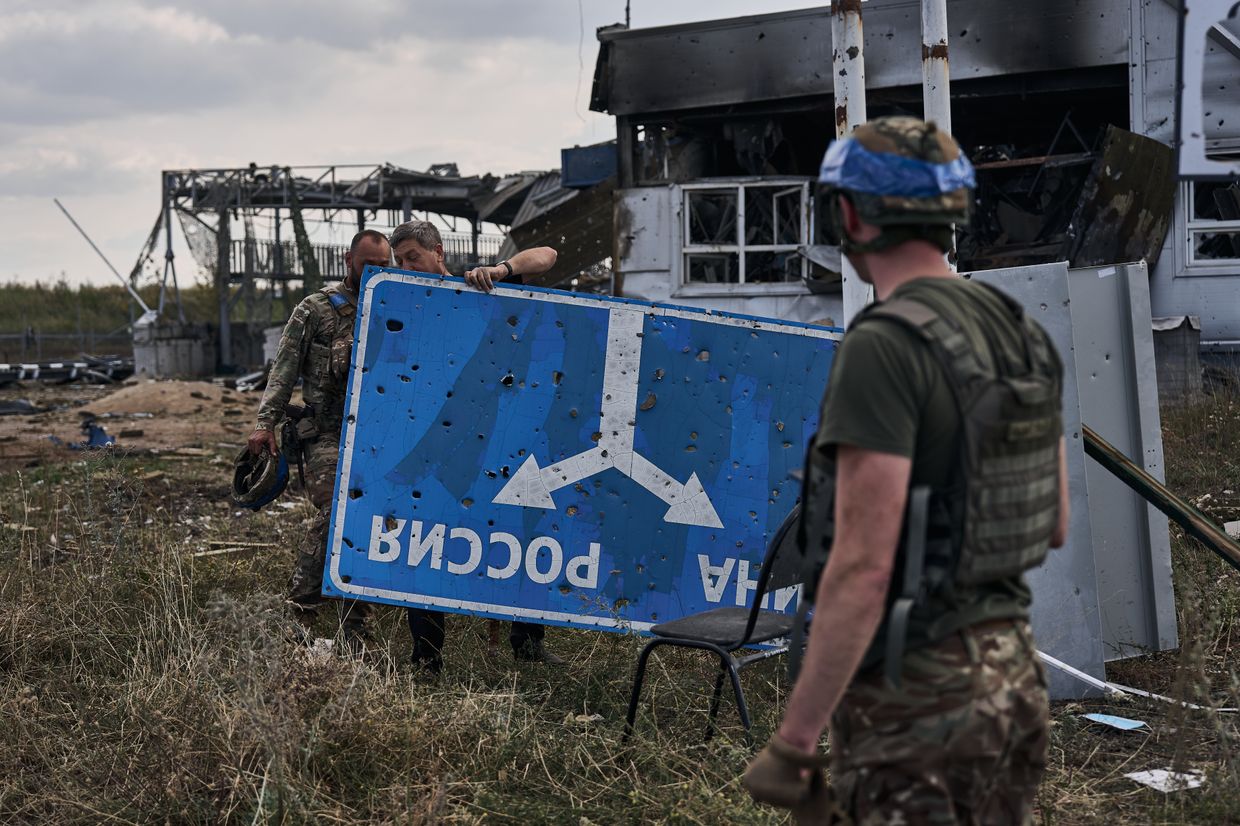
As Russian troops are set to push Ukrainian soldiers out of Kursk Oblast, experts say Kyiv's withdrawal from the region could be "politically significant." Ukraine's seven-month-long hold of a small portion of Russia's Kursk Oblast might be ending. On March 12, Russian troops entered the town of Sudzha, which served
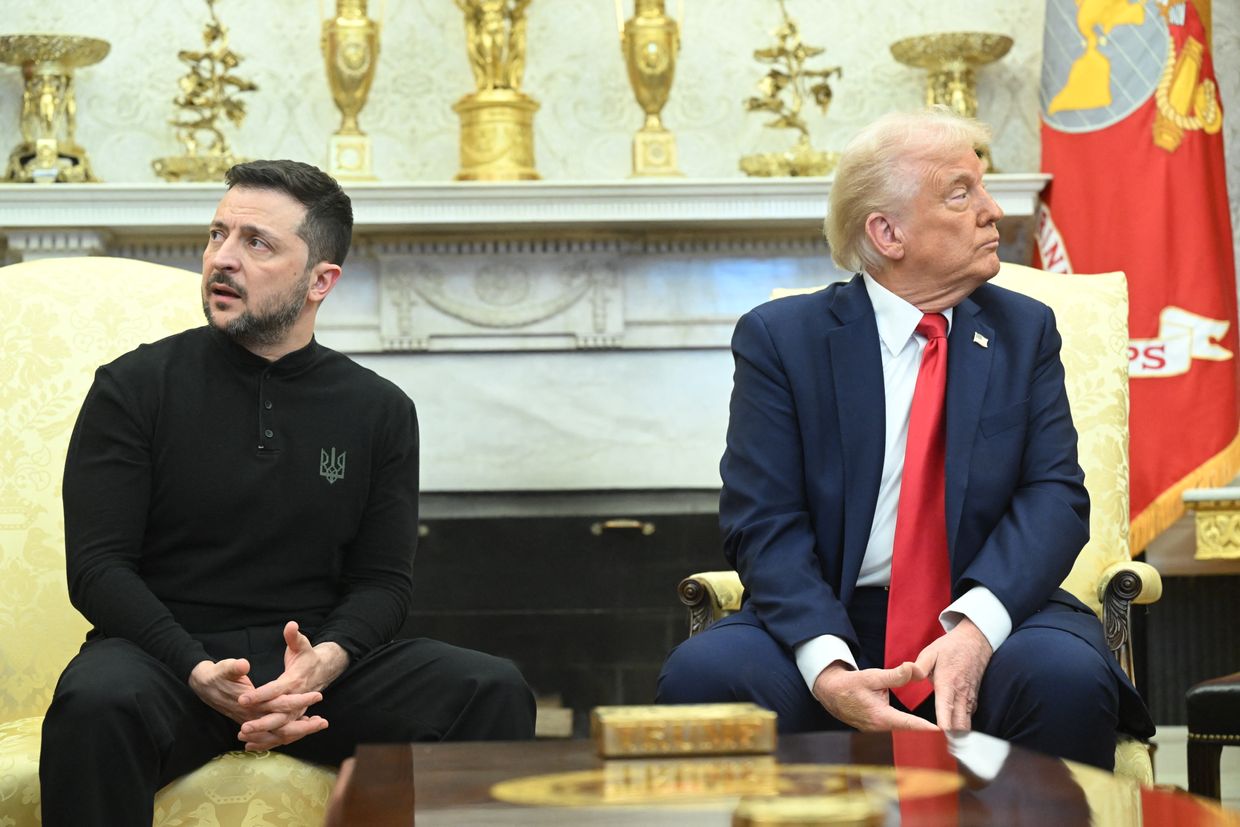
After Ukrainian and U.S. officials met in Saudi Arabia for peace deal talks to end the war with Russia, U.S. Secretary of State Marco Rubio confirmed on March 12 that potential "territorial concessions" from Ukraine were part of the discussion. Since U.S. President Donald Trump was inaugurated
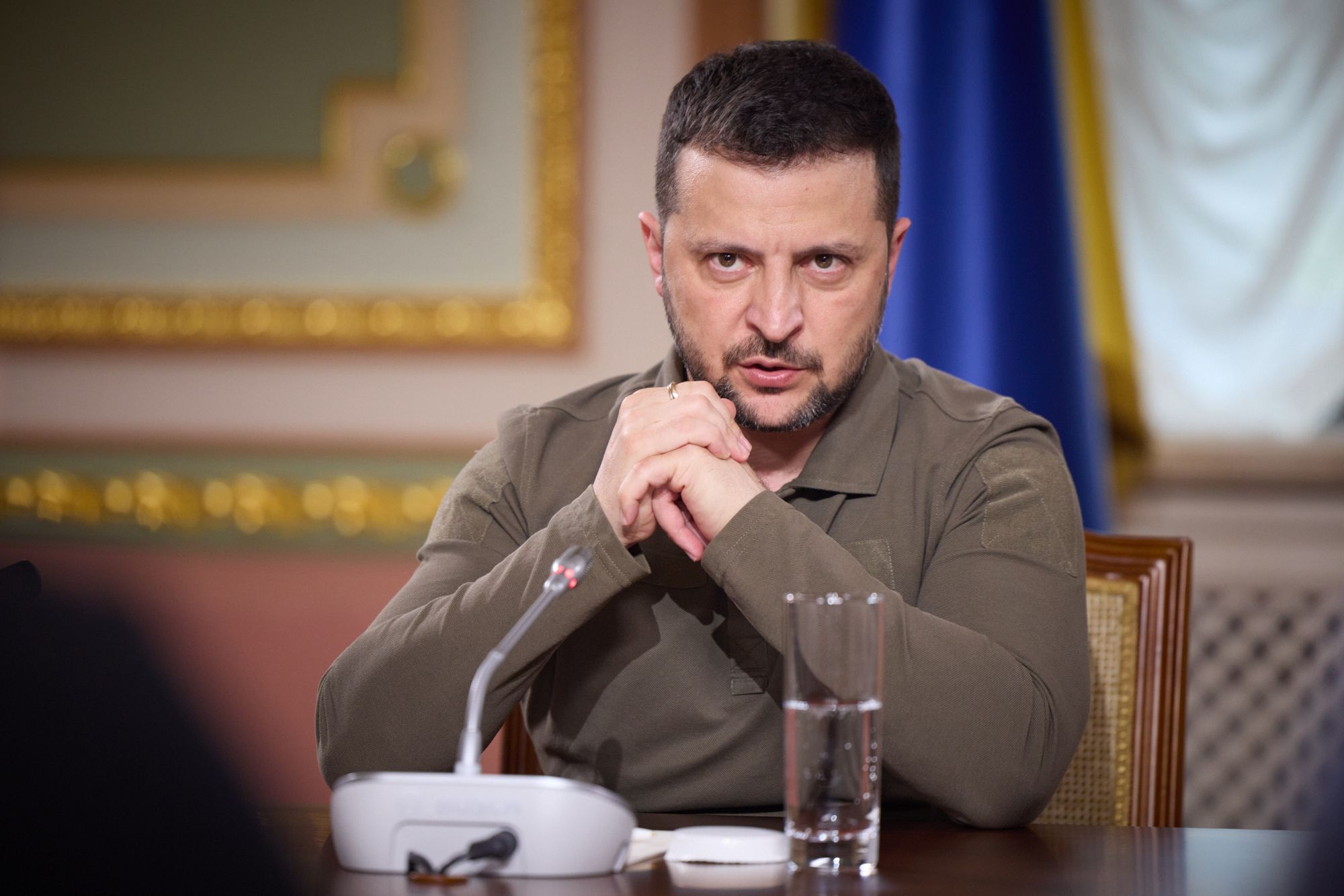
“The military command is doing what it should do, preserving the maximum lives of our soldiers,” President Volodymyr Zelensky said, urging a “sober” assessment of the battlefield situation.
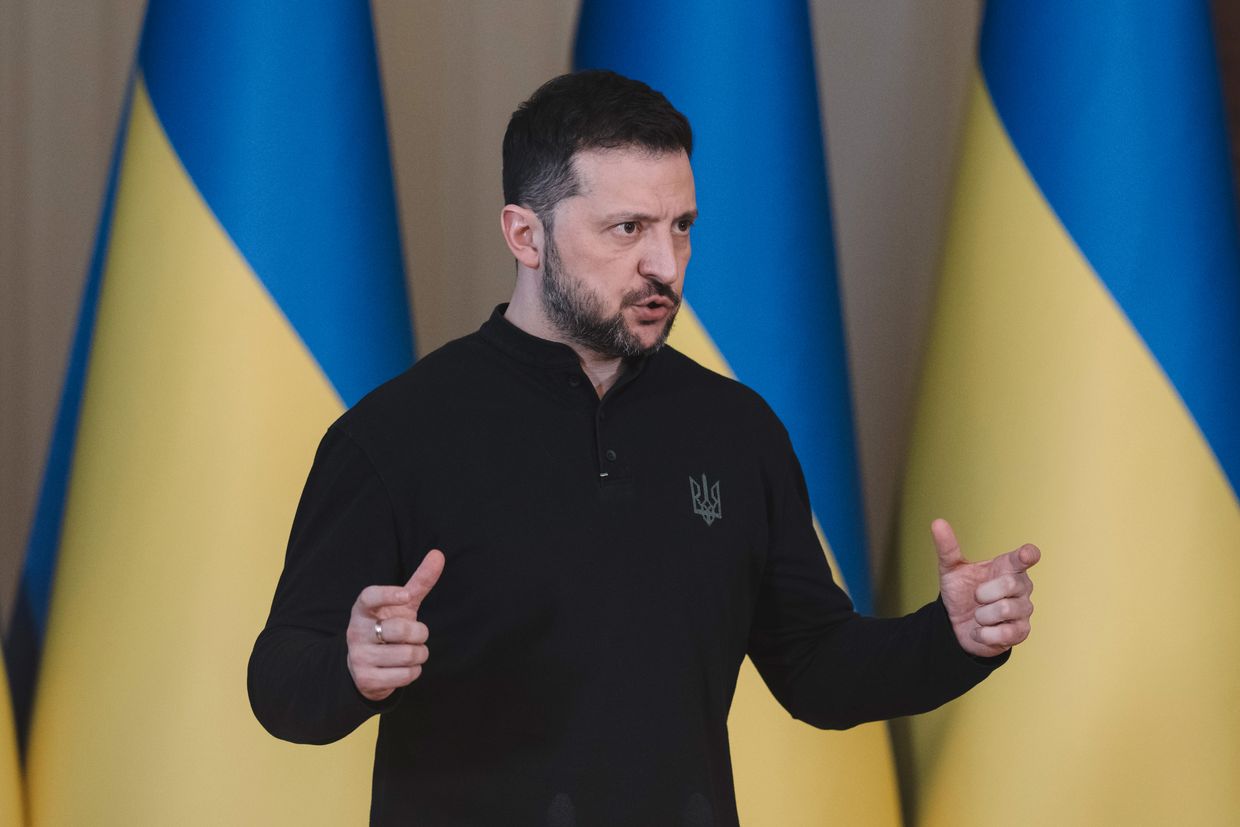
"I have repeatedly stressed that none of us trust Russia... but we will not play with narratives that we want the war to continue," President Volodymyr Zelensky said at a press conference.
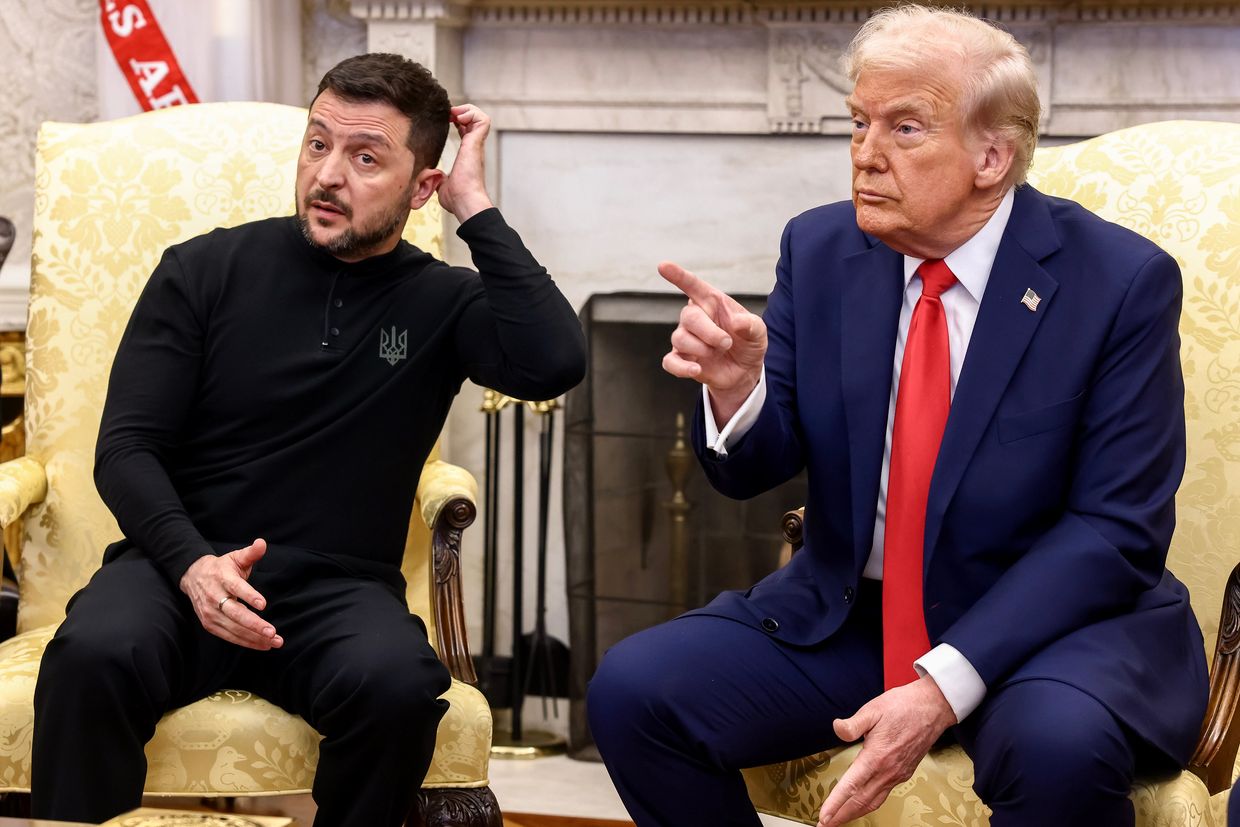
When asked if President Volodymyr Zelensky would be invited back to the White House, U.S. President Donald Trump responded, "Sure, absolutely."
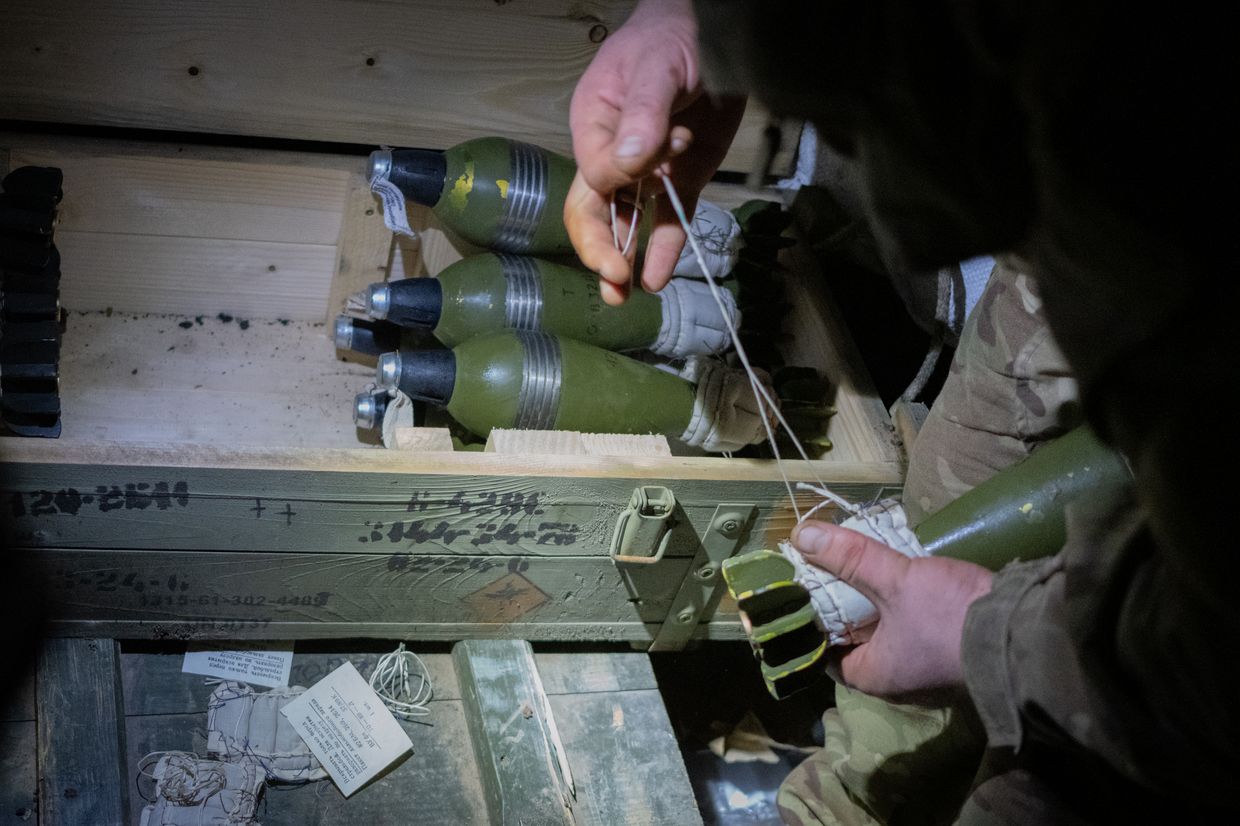
"I have confirmation that security assistance from the U.S. has been resumed. The agreements are being implemented," Deputy Head of the Presidential Office Pavlo Palisa wrote on March 11.
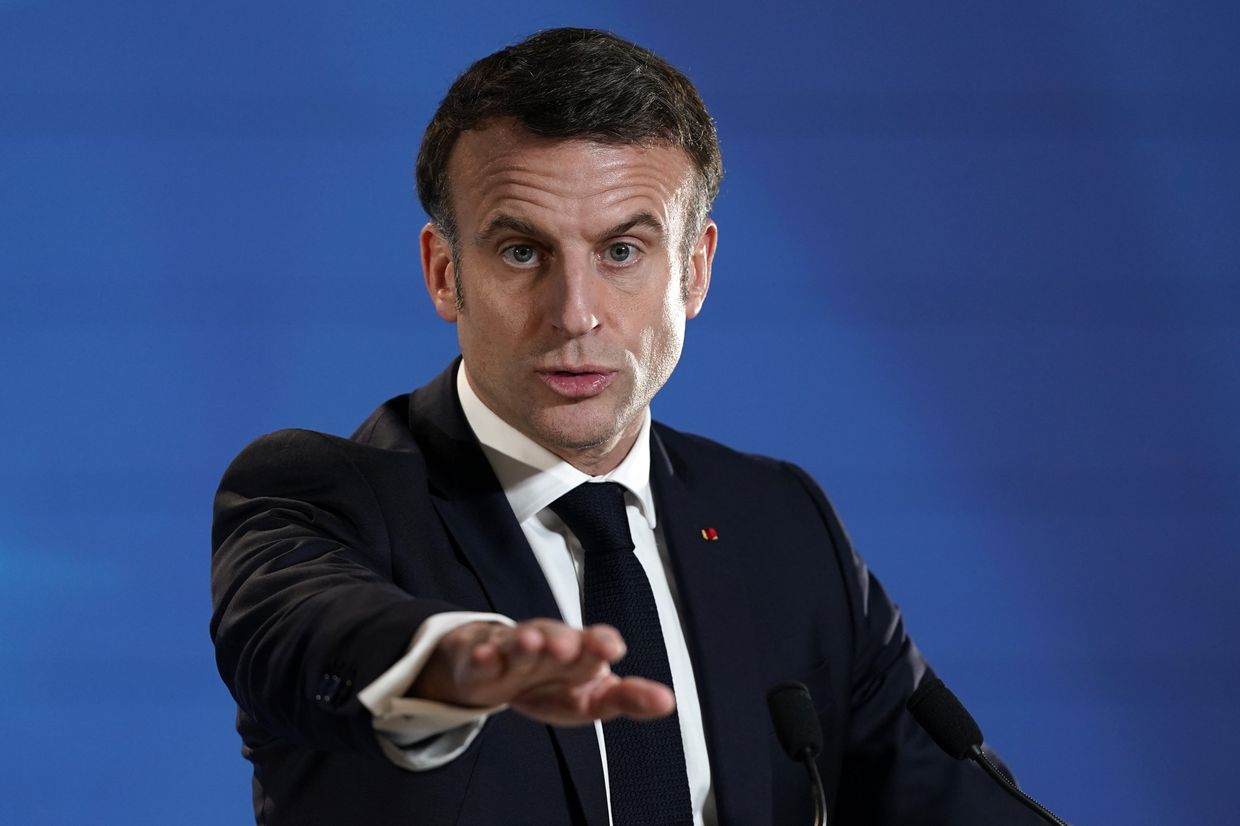
Speaking at a closed-door meeting in Paris on March 11, French Defense Minister Sébastien Lecornu said his country "will reject any form of demilitarisation of Ukraine."
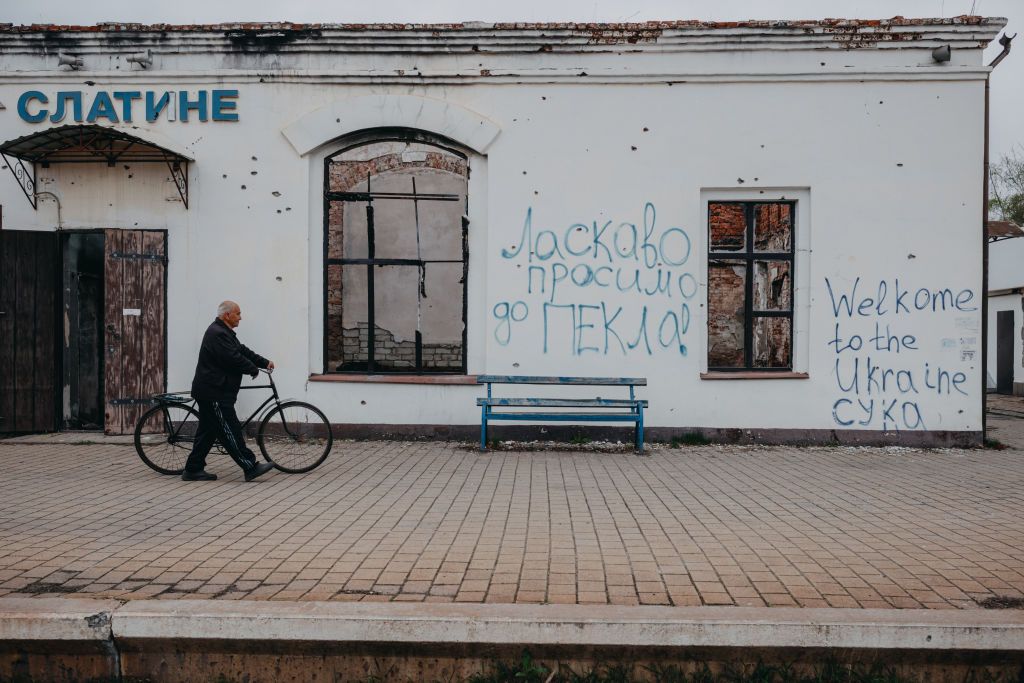
U.S. President Donald Trump confirmed that U.S. officials would meet with Russian representatives in the coming days to discuss the ceasefire.
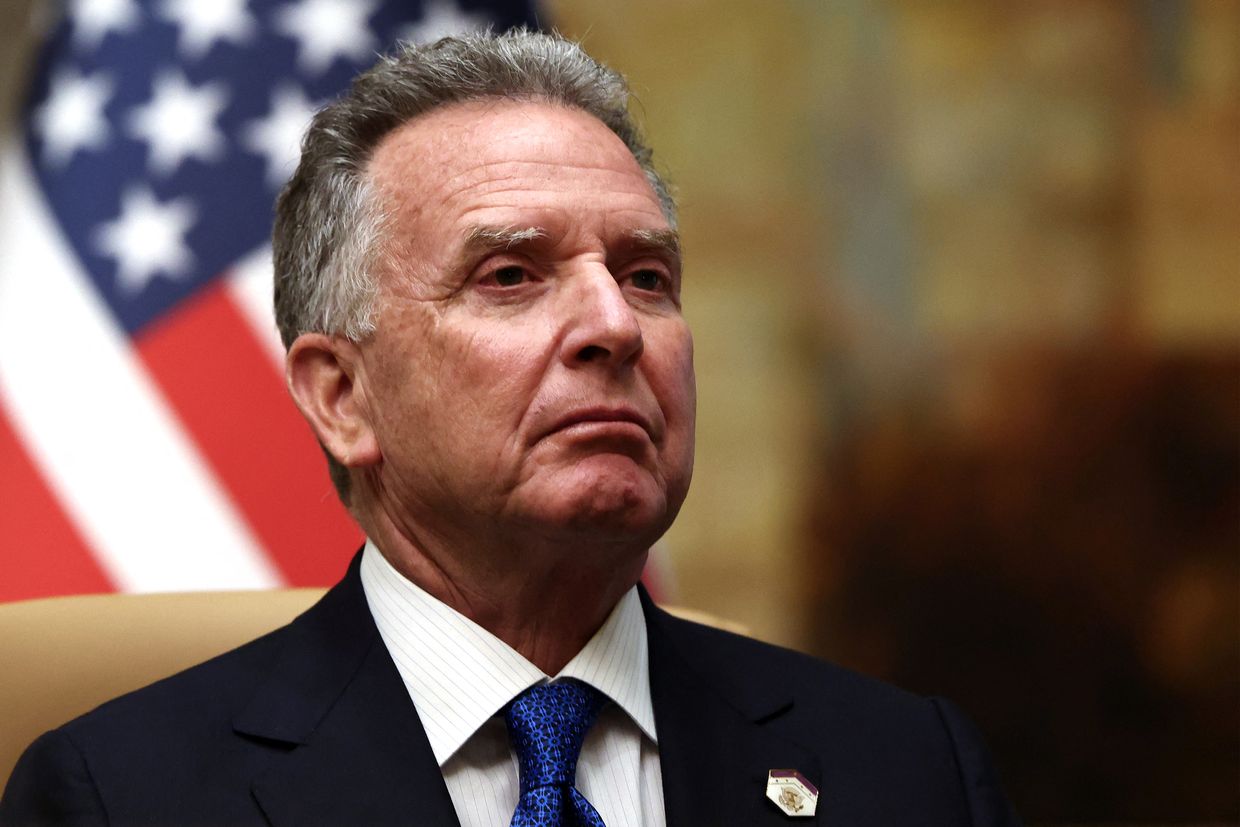
Zelensky "apologized for that whole incident that happened in the Oval Office. I think that was an important step, Trump's special envoy for the Middle East, Steve Witkoff, said on March 10.
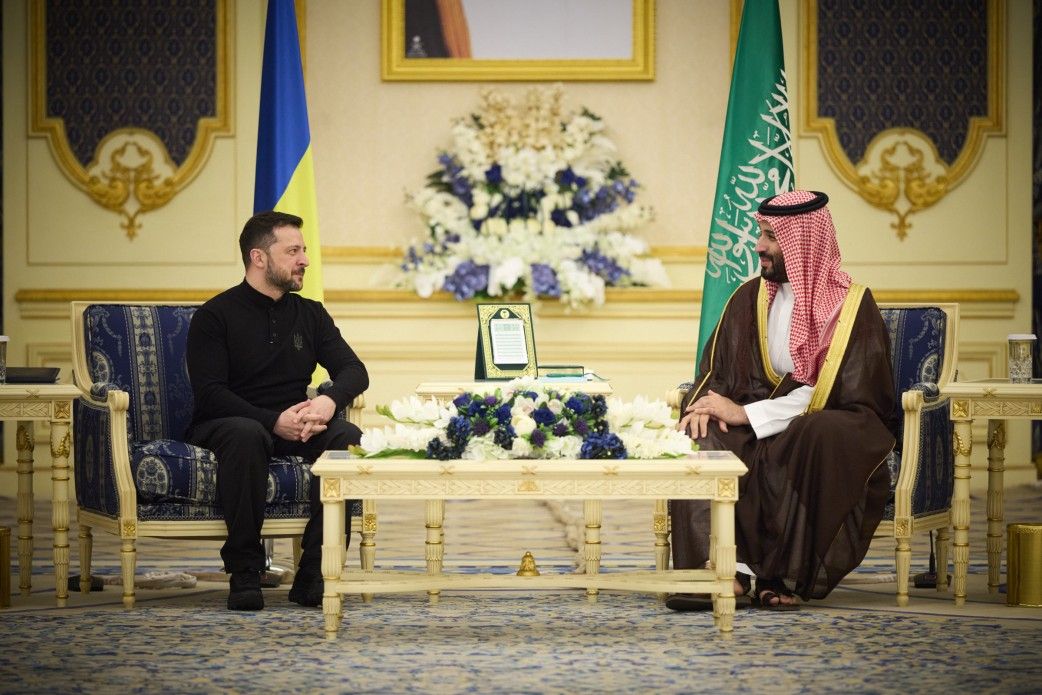
President Volodymyr Zelensky and Saudi Crown Prince Mohammed bin Salman met in Jeddah ahead of a high-stakes meeting between U.S. and Ukrainian officials.
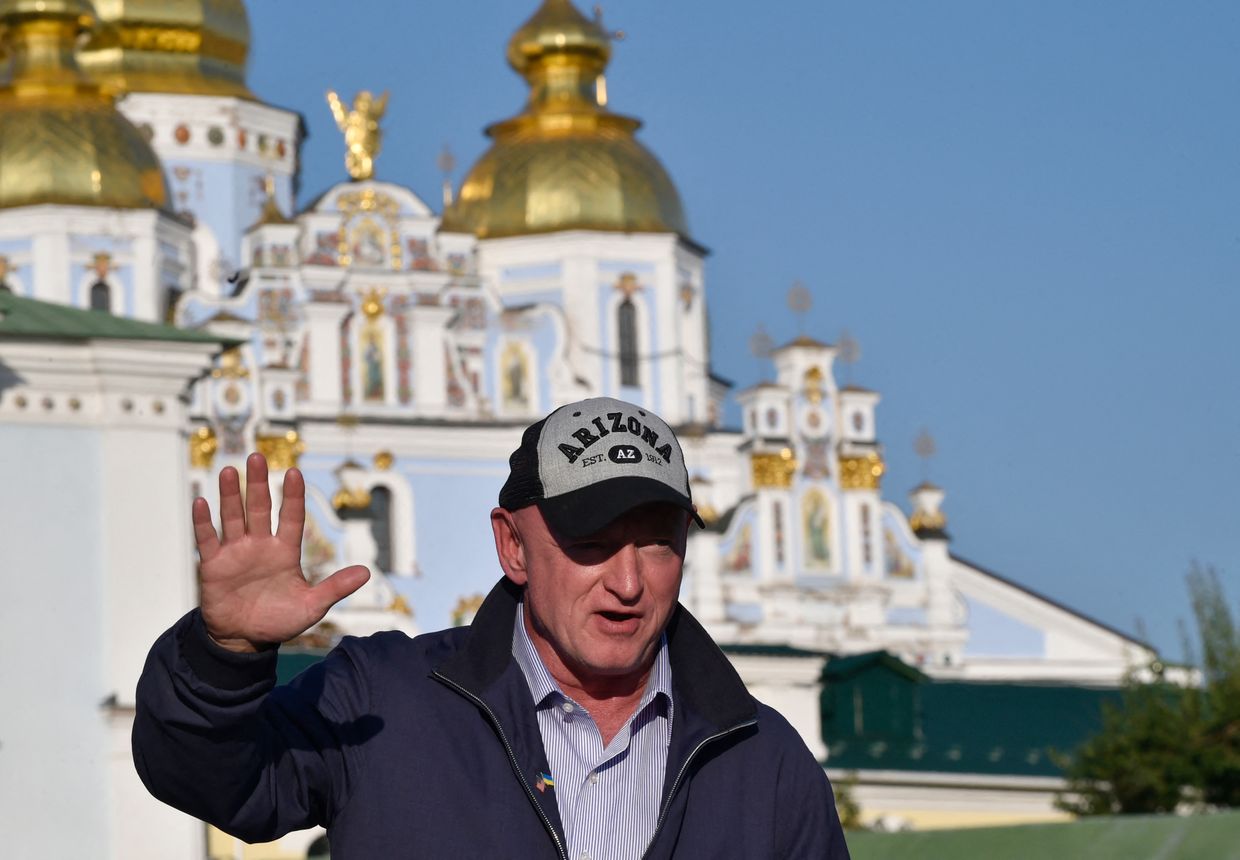
"Elon, if you don't understand that defending freedom is a basic tenet of what makes America great and keeps us safe, maybe you should leave it to those of us who do," Democratic Sen. Mark Kelly wrote.
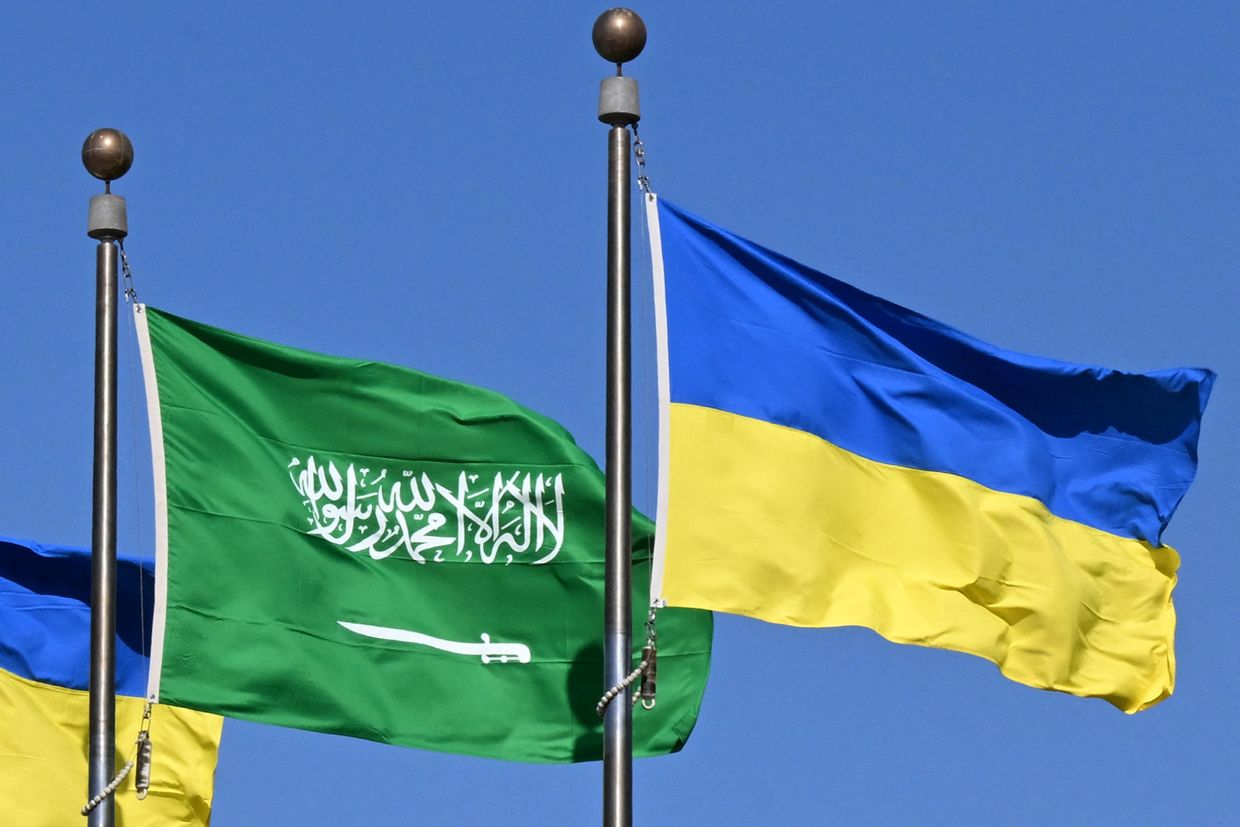
Kyiv officials will meet their Washington counterparts in Jeddah on March 11 for talks which will impact the future of diplomatic relations between the two countries and likely the future of the war in Ukraine. The Ukrainian side hopes the meeting would help mend ties with the White House and
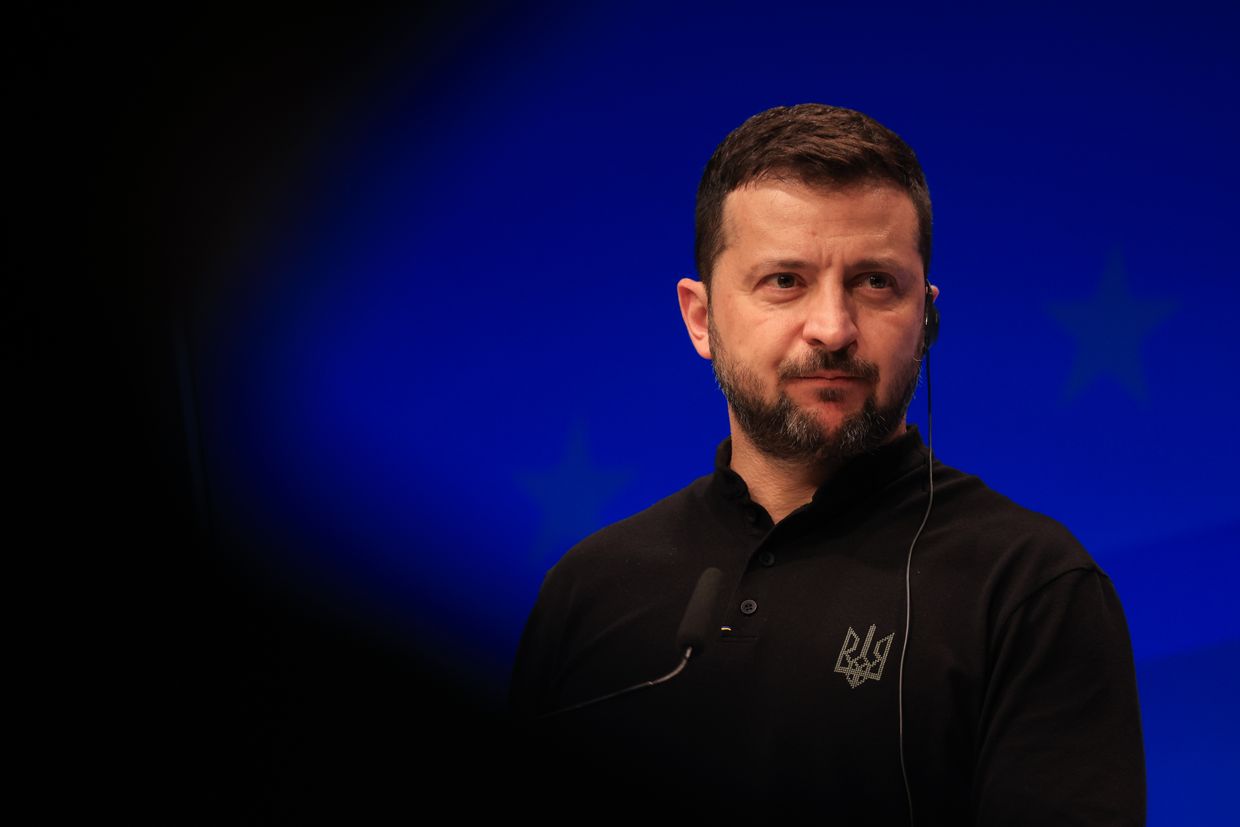
Following Zelensky's meeting with the Saudi crown prince, the Ukrainian president's team will remain in the country on March 11 to meet U.S. delegates and discuss the framework for a potential peace agreement.
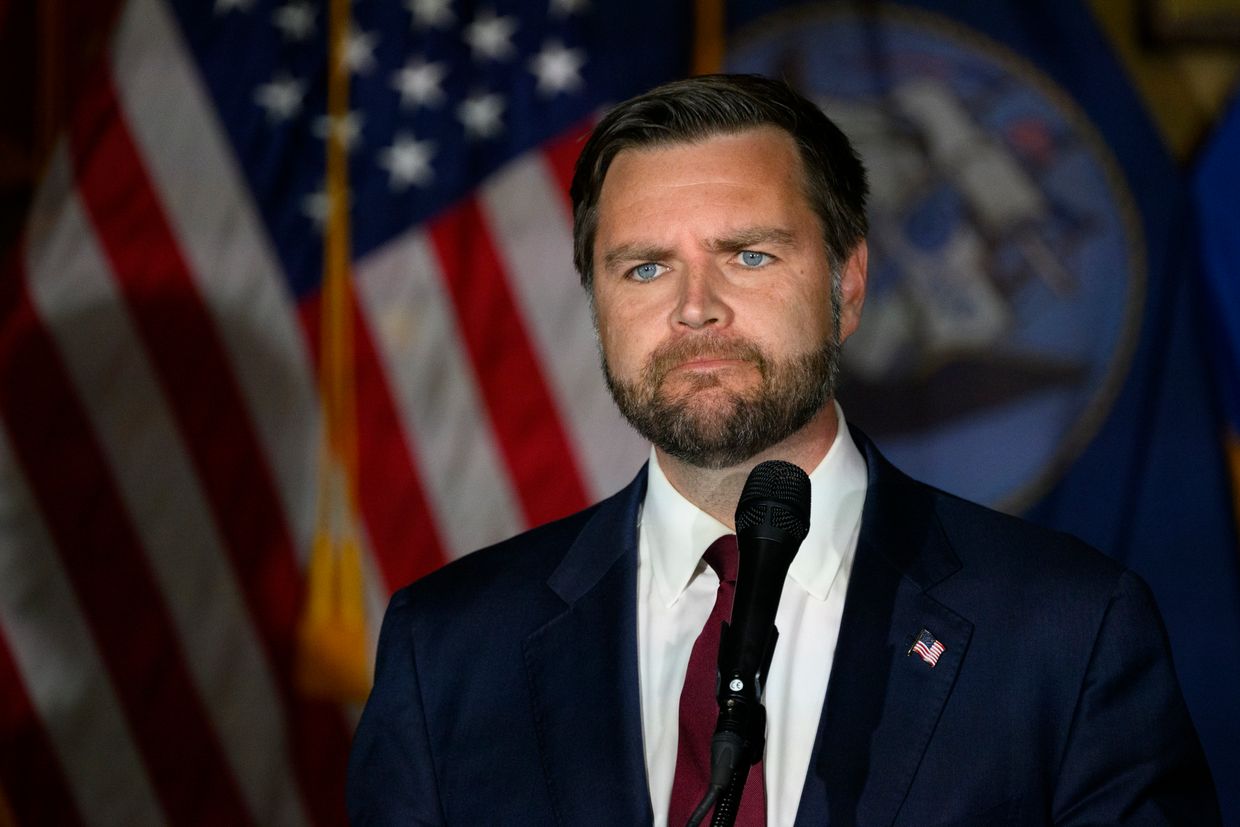
During a heated exchange with Ukrainian President Volodymyr Zelensky in the Oval Office on Feb. 28, U.S. Vice President JD Vance accused the Ukrainian president of leading “propaganda tours” of Russia’s destruction in the country. Zelensky, in turn, asked Vance if he had ever been to Ukraine. Of
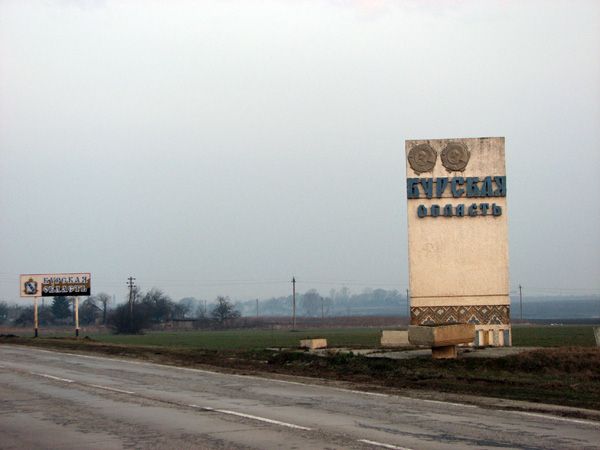
Key developments on March 8-9: * Trump won't resume Ukraine military aid after signing minerals deal, NBC News reports * Ukraine releases video of Russian attack via gas pipeline in Kursk Oblast * Ukrainian drone reportedly attacks oil depot in Russia's Chuvashia for first time * France to provide $211 million in military aid
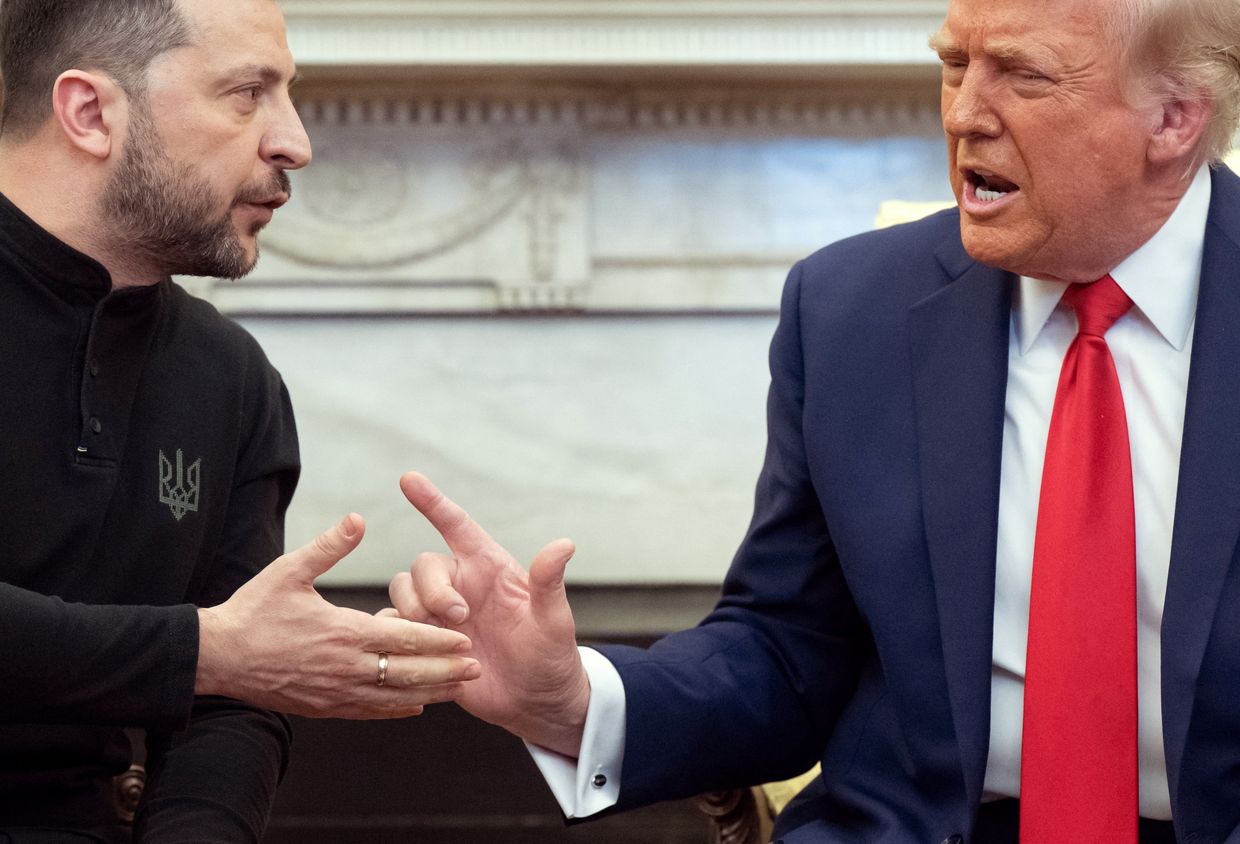
U.S. President Donald Trump wants to see a change in President Volodymyr Zelensky's stance toward peace talks with Russia and a willingness to make concessions such as giving up occupied territories to Russia, sources told NBC News.
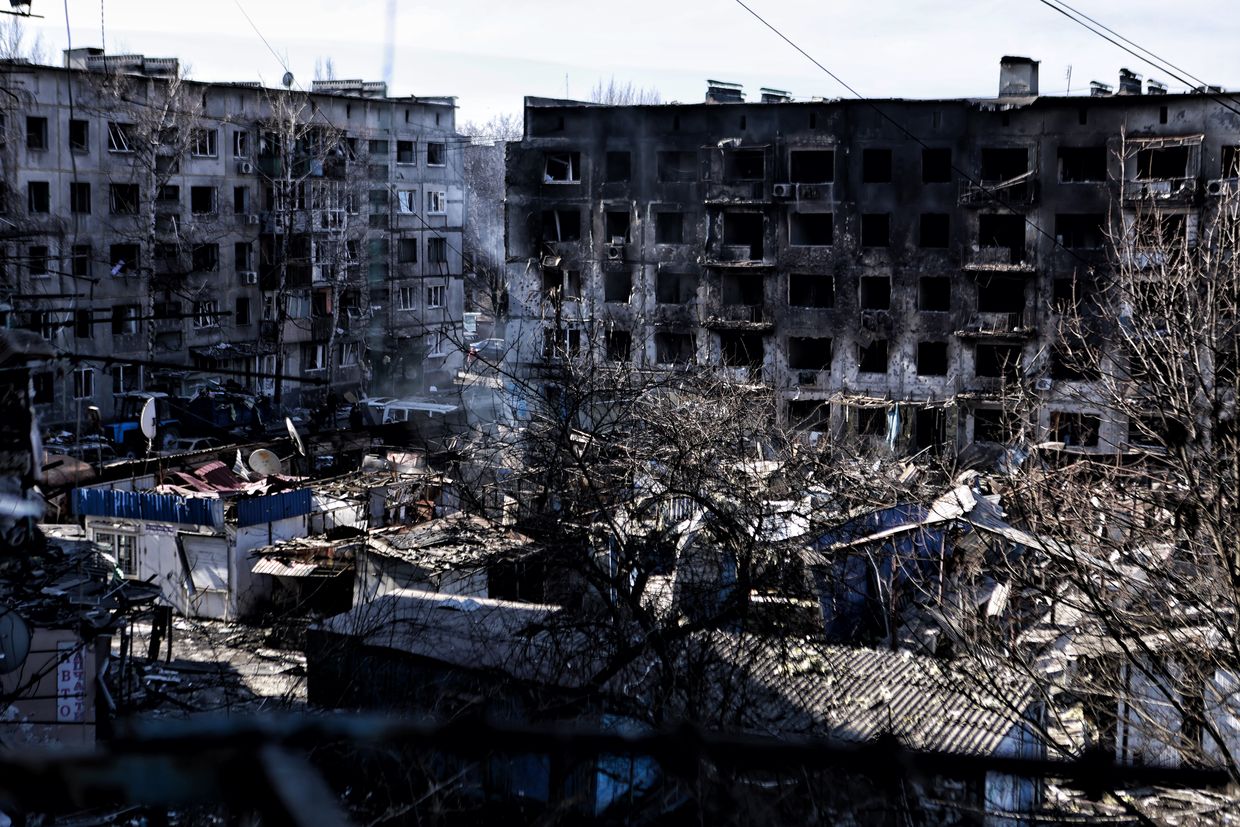
The weapons that Russia used against Ukraine this week contained more than 82,000 foreign components, President Volodymyr Zelensky said.

"The agenda is clear – peace as soon as possible, security as reliable as possible. Ukraine is committed to the most constructive approach," Zelensky said on March 7.
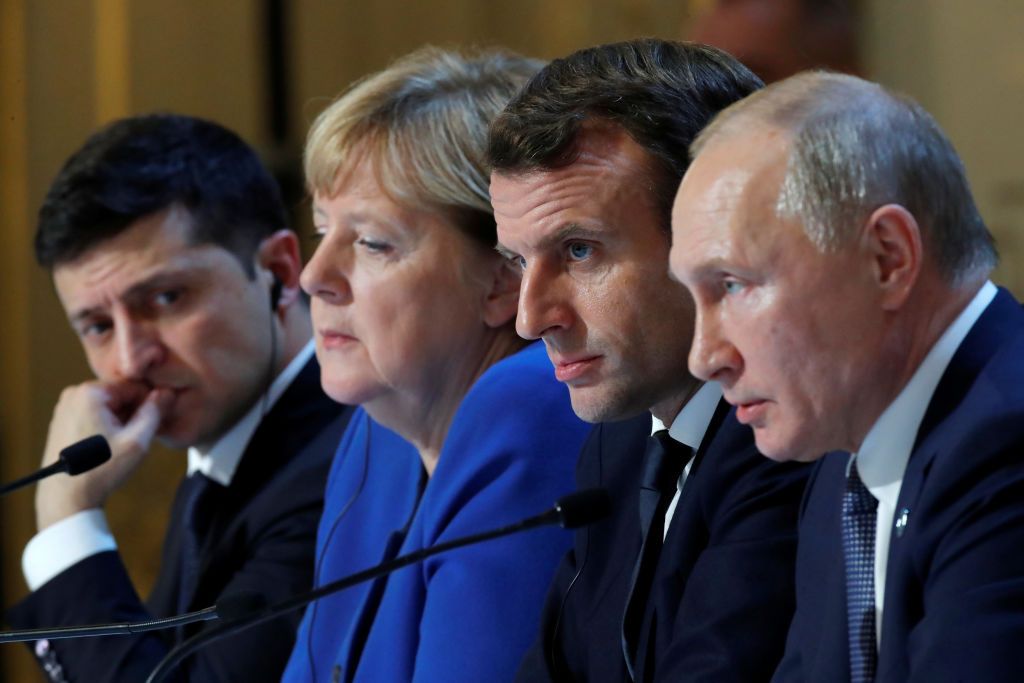
As U.S. President Donald Trump continues to push for a swift end to the war in Ukraine, fears are mounting that Kyiv could be forced to accept a peace deal on unfavorable terms, and that will leave it vulnerable to future Russian attacks. The fears aren't unfounded. After Russia
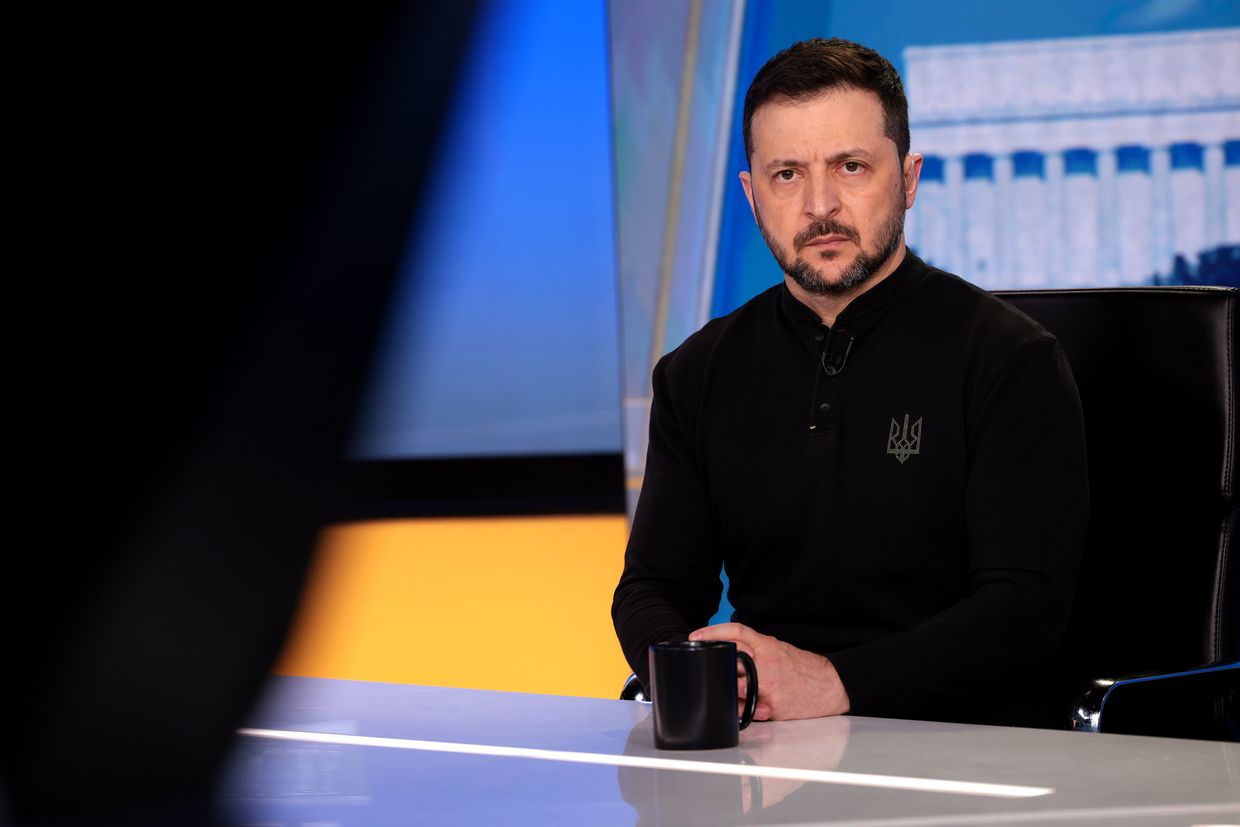
As Washington continues to pressure Kyiv into submission, President Volodymyr Zelensky stands at a painful crossroads — agree to U.S. demands or chart a course without Washington, pinning Ukraine's hopes for survival on Europe alone. Neither option seems reassuring for Ukraine. U.S. President Donald Trump's constant verbal attacks against

A team of foreign volunteers had just finished dinner at a cozy hotel restaurant in Kryvyi Rih — a city in Dnipropetrovsk Oblast where they had recently arrived to bring locals humanitarian aid — when a notification on their phones suddenly made the atmosphere tense. A Russian ballistic missile was heading toward

President Volodymyr Zelensky will visit South Africa on April 10 to meet with President Cyril Ramaphosa and discuss efforts to end Russia's war against Ukraine, Bloomberg reported on March 7.
Volodymyr Zelensky has been president of Ukraine since 2019. Born in Kryvyi Rih, an industrial city in central Ukraine, Zelensky was known as a media personality and actor before becoming Ukraine’s sixth president.
The 46-year-old’s transformation into a wartime leader saw his approval ratings rise from 37% before the full-scale invasion, to 90% in May 2022. His approval rating fell to 62% by the end of 2023.
Zelensky's five-year term officially ended in May 2024 but he remains president while martial law, enacted after the start of the full-scale invasion in February 2022, is in place. A February 2024 poll indicated that almost 70% of Ukrainians agree that Zelensky should remain in office and elections should be postponed until martial law is lifted.
